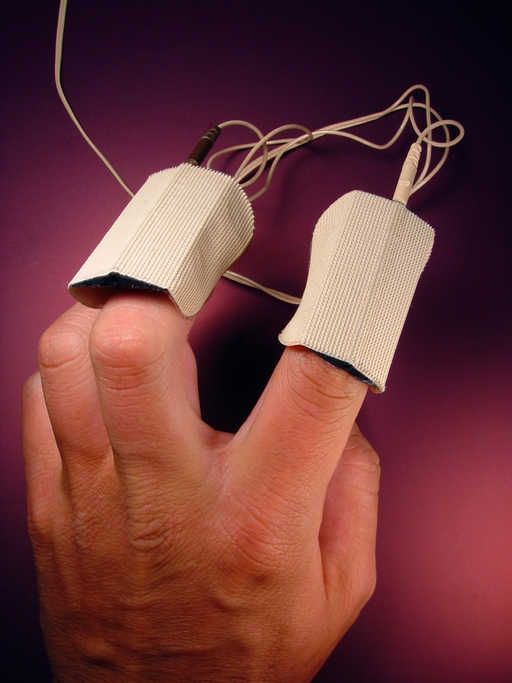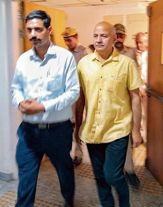
Scientists are developing an online polygraph that could spot liars from the words they write on their internet dating profiles. — iStock
WASHINGTON
Is your Tinder date trustworthy?
Scientists are developing an online polygraph that could spot liars from the words they write on their internet dating profiles, Facebook messages or Twitter posts.
It is tricky enough to identify a lie in face-to-face conversations that offer facial expressions, gestures and tone of voice because those physical cues add context.
Spotting a liar gets even tougher in blind computer conversations, said Shuyuan Ho from Florida State University in the US who wants to shed those blinders.
"The future of my research is an online polygraph that could be used many different ways," Ho said in a statement.
"You could use it for online dating, Facebook, Twitter—the applications are endless. I think the future is unlimited for an online polygraph system," she said.
Ho envisions a future where technology can identify liars and truth tellers based on the words they write in electronic messages.
Her research dove into the murky depths of internet deception where trolling, identity theft and phishing for credit card numbers snag an increasing number of online users.
The study, published in the journal Computers in Human Behaviour, detailed the findings of an online game that she created to measure truthful and deceptive communications between two people.
Ho parsed the words in those conversations, hoping to extract context from millions of bits of data in many messages— described as language-action cues—just as people get context from seeing physical cues that indicate whether someone is telling the truth or lying.
The experiments revealed a person could spot lies in messages about 50 per cent of the time, while a machine-learning approach could identify deception with an accuracy rate ranging from 85 to 100 per cent.
"This basic research offers great potential to develop an online polygraph system that helps protect our online communication," Ho said.
Researchers created an online game designed to identify language cues that unmask deceivers and truth tellers.
The game randomly assigned players to play the roles of "The Saint" and "The Sinner." As sinners and saints interacted via computers, researchers captured those conversations and used machine-learning technology to scrutinise patterns of words and writing.
Some fascinating language tendencies emerged from that analysis. The lying sinners were found to be less expressive, but they used more decorative words per message.
They displayed more negative emotions and appeared more anxious when they communicated with truth tellers.
Deceivers also took less time to respond and used more words of insight, such as "think" and "know," and they tended to use more words of certainty, including "always" or "never."
Conversely, truth tellers used more words of speculation, such as "perhaps" and "guess" as they took longer to respond to inquiries. These saints provided more reasoned ideas by using words of causation such as "because".
They expressed more reflective thinking with words like "should" and "could."
Researchers also calculated time lags between every sentence, and even parts of a sentence, by placing time stamps on the words.
That precise breakdown clearly showed how much a person paused during interactions—another language-action cue.
Those pauses might have been so slight that they would not necessarily be noticeable to a person, but machine-learning technology could spot it.
Ho said she hopes her research will eventually give people better protection when they are online. — PTI



























